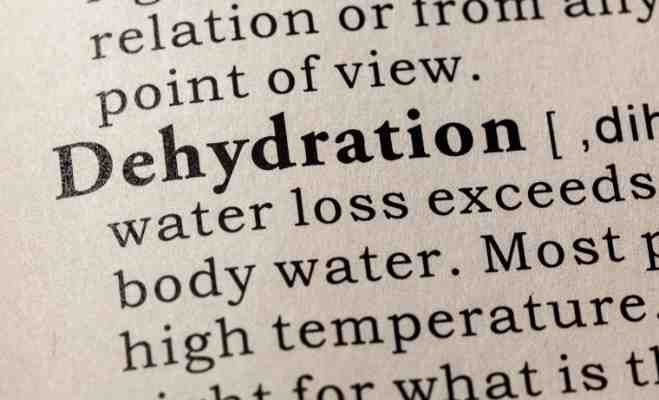Proper hydration is essential for maintaining general health and wellness. Several aspects can decrease the results of hydration or contribute to dehydration. In this blog post, we will discover effective strategies on how to counteract dehydration to guarantee ideal hydration levels this summer.
Table of Contents
How To Counteract Dehydration
Inadequate Fluid Intake:
One of the most typical factors for dehydration is merely not taking in enough fluids, particularly water. Our bodies require a regular intake of fluids throughout the day to keep hydration levels. It is essential to be conscious of our fluid consumption and consciously drink an appropriate amount of water daily.
Related: 11 Surprisingly Hydrating Fruits To Keep You Refreshed This Summer
High Caffeine or Alcohol Intake:
Both caffeine and alcohol possess diuretic properties, which indicates they increase urine production and can result in fluid loss. Excessive intake of caffeinated drinks or alcohol without stabilizing it with adequate water intake can lead to dehydration. Modifying the intake of these compounds and ensuring appropriate hydration and usage is essential.
Hot and Dry Environments:
Spending time in hot and dry environments, such as throughout intense workouts, or in dry environments, or saunas, can induce extreme sweating and fluid loss. If these fluids are not appropriately replenished, dehydration can happen. It is crucial to be conscious of the ecological conditions and boost fluid consumption to compensate for extreme sweating.
Specific Medications:
Specific medications can impact the body’s fluid balance and contribute to dehydration. It is crucial to seek advice from a healthcare professional about the potential effect of any medication you take on your hydration levels. They can assist in managing hydration while thinking about the medication’s effects.
Health Issues and Medical Conditions:
Some health problems, such as gastrointestinal infections or fevers, can cause increased fluid loss through throwing up, diarrhea, or sweating, resulting in dehydration. Medical conditions like diabetes or kidney problems can also affect fluid balance and require prudent management of hydration levels. If you have any underlying health conditions, working carefully with your doctor to ensure correct hydration is vital.
Related: Amazing Benefits Of Oranges
Strenuous Exercise or Physical Effort:
Engaging in laborious exercise or workouts without following correct hydration practices can result in considerable fluid loss through sweating. Drinking fluids in the past, during, and after workouts is vital to renew the lost fluids and preserve appropriate hydration levels. Take note of the body’s signals and ensure a balanced fluid consumption during physical effort.
A Word from Blogzah
It is necessary to take in an appropriate quantity of water and hydrating fluids to counteract the elements that can lower the effects of hydration or contribute to dehydration. Monitoring fluid consumption, considering ecological conditions, handling hidden medical conditions, and practicing appropriate hydration routines are all fundamental to ensuring optimal hydration levels.
Our bodies require constant fluids throughout the day to preserve hydration levels. Medical conditions like diabetes or kidney problems can also affect fluid balance and need careful management of hydration levels.
Drinking fluids before, throughout, and after exercise is essential to replenish the lost fluids and keep appropriate hydration levels.
To counteract the elements that can lower the results of hydration or contribute to dehydration, it is essential to consume a sufficient quantity of water and hydrating fluids.
Monitoring fluid consumption, considering environmental conditions, managing underlying medical conditions, and practicing correct hydration habits are all essential in guaranteeing ideal hydration levels.
















